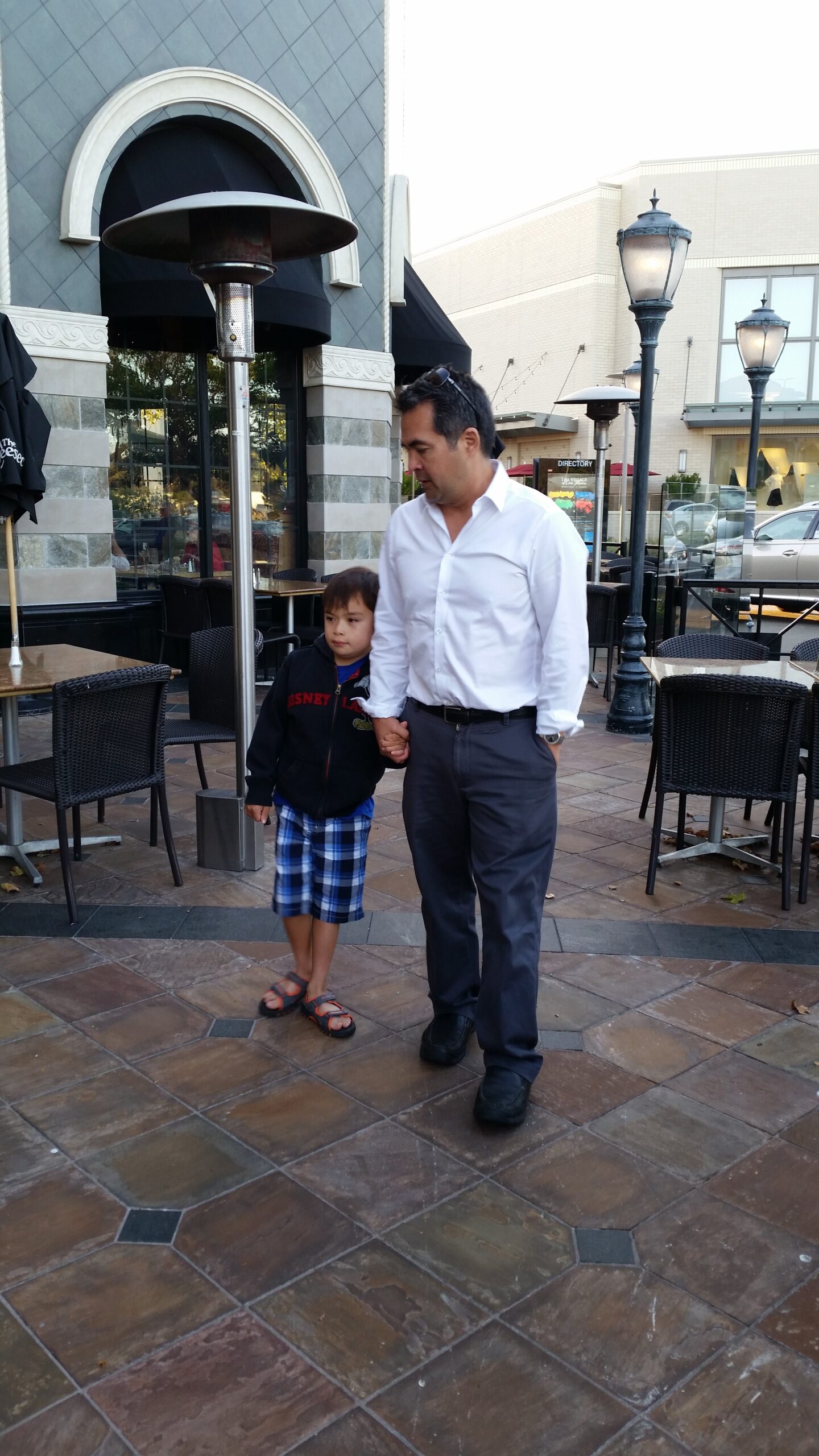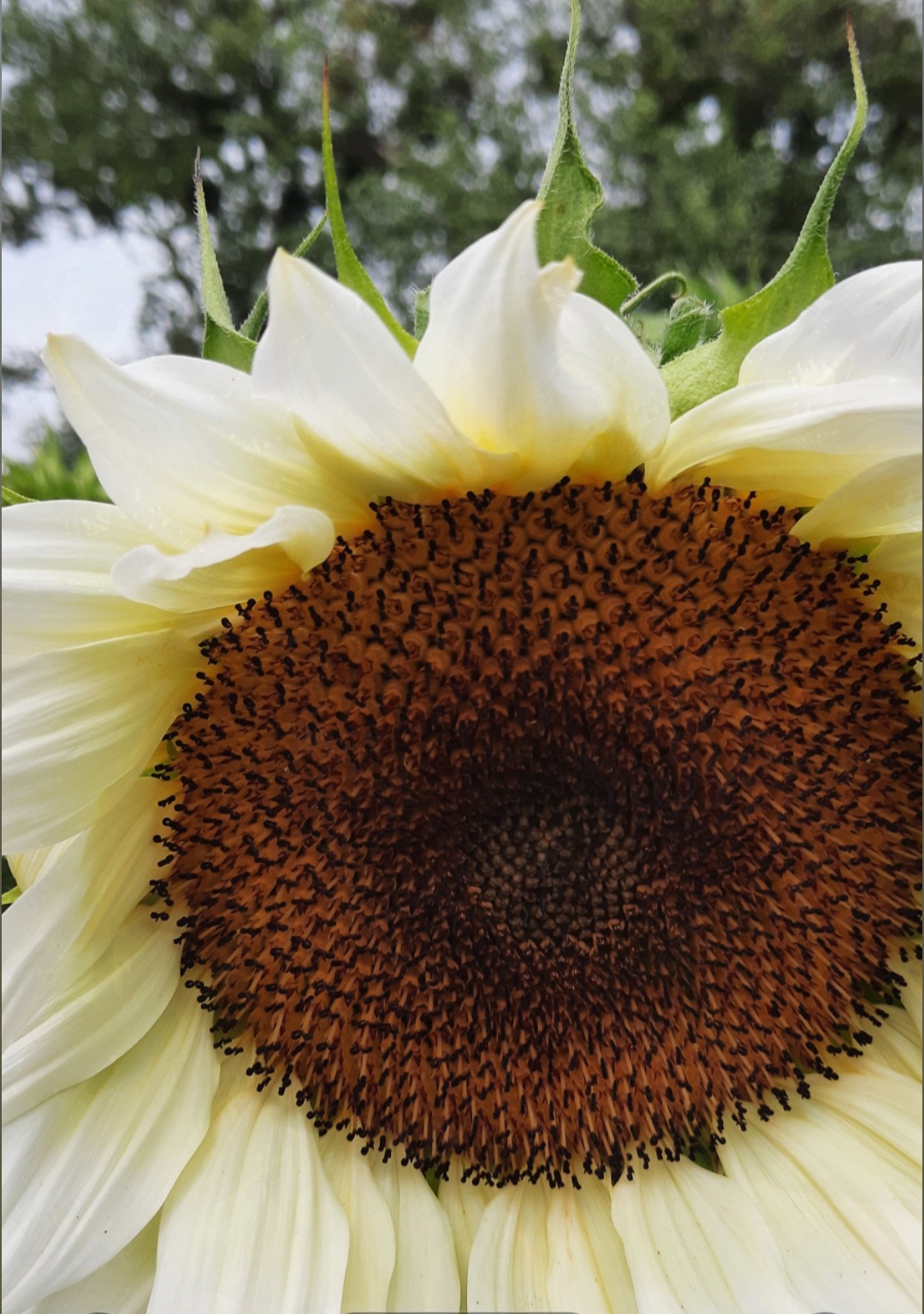Far from our house, winding roads
and years away. I promised we’d never
bring him here. Behind black iron gates,
brick walls smothered with ivy. The three
of us. Watching fires of autumn. Sitting
at the edge of his bed. Our son, thirty-one. In
a place of his own. Wind whipping
windows. Leaves swept up. Through
the pane looking out. We were the points
of a triangle. A windchime. Now a straight
line. Birds in a row. His right fist gripping
Grace’s dress. Her fingers touching links,
his I.D. bracelet. He leans forward, breaks
the shape of us. This room
with cracked gray paint, the glass I raise
to his lips. So much thirst. One more sip.
The clock, its red arm ticking. We thought
we’d never have to. My hand on his hair,
leather shade, scent of honey. Be brave
I say. Sorry she whispers. Maples
blazing. Orange singeing us. One bird
left. His first room alone. In this home,
with those like him. We said he’d always
stay with us. Men in blue pass by, vanish
from the porthole in his locked
door. Without us, their hands soaping
his body. His armpits, crevices. Only
we touch him there. Fire coming toward
us, we must pull back. His hand reaching
out. The wind of the door brushing his face
as it closes.
Brian Komei Dempster‘s poetry collections, Seize and Topaz, have received several honors, including the Julie Suk Award, an NCPA Gold Award in Poetry, and a Human Relations Indie Book Silver Winner award. His poems have appeared in Shenandoah, TriQuarterly, and other journals.




